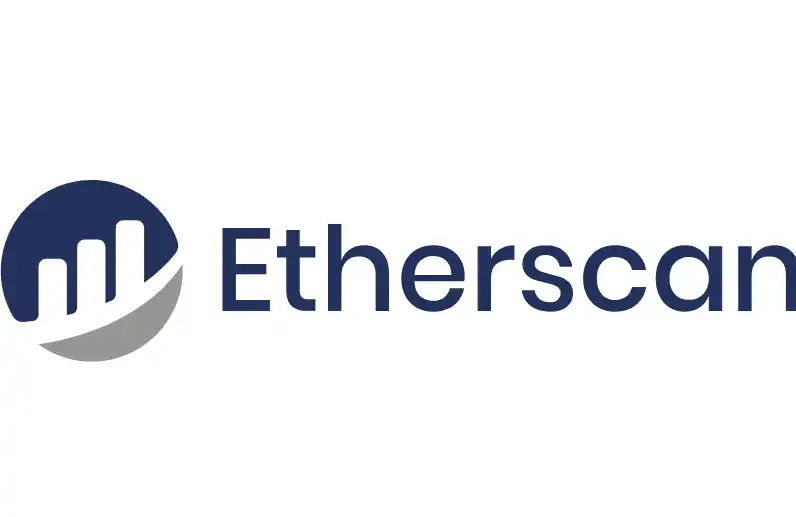US Stock Market: Tech Stock Sell-Off Hits Major Indexes as Investors Assess Inflation Data
U.S. stocks retreated from record highs on Friday, dragged down by declines in technology stocks. The Federal Reserve's preferred inflation gauge remained elevated in July, prompting investors to take profits.
The S&P 500 Index fell 0.6%, losing the key 6,500-point level.
The index still recorded a fourth consecutive monthly gain and was basically flat for the week.
Trading volume was about 20% below the 30-day average ahead of the Labor Day holiday. According to the Stock Trader’s Almanac, over the past 20 years, the S&P 500 Index has averaged a 0.1% decline on the Friday before Labor Day.
Nvidia dropped 3.3%, falling for the third consecutive trading day. The U.S. Big Tech Seven Index fell 1.4%.
Dell Technologies plunged 8.9% after the company reported a quarter-on-quarter decline in AI server orders and profit margins below market expectations.
Marvell Technology Inc. tumbled 19%, marking its biggest drop since March 6, as second-quarter data center revenue missed analysts’ expectations.
U.S. consumer spending in July posted its largest increase in four months, indicating that demand remains resilient despite persistent inflation.
The core PCE price index rose 2.9% year-over-year, well above the Federal Reserve’s 2% target. This has raised market doubts about whether the Fed still has room to cut rates next month.
With U.S. markets closed on Monday for the Labor Day holiday, investors are turning their attention to the upcoming September—historically the worst-performing month for U.S. stocks. Institutional investor rebalancing, weaker retail buying, rising volatility, and a slowdown in corporate buybacks could all put pressure on the market.
At the close, the S&P 500 Index fell 0.6% to 6,460.26 points;
The Dow Jones Industrial Average fell 0.2% to 45,544.88 points;
The Nasdaq Composite Index fell 1.2% to 21,455.55 points;
The Nasdaq 100 Index fell 1.2% to 23,415.42 points;
The Russell 2000 Index fell 0.5% to 2,366.418 points.
Disclaimer: The content of this article solely reflects the author's opinion and does not represent the platform in any capacity. This article is not intended to serve as a reference for making investment decisions.
You may also like
Berachain exposed for signing dual contracts with VCs, allowing lead investors to invest without risk
Another VC has already lost $50 million.

Etherscan's Surcharge Scandal Exposes Ethereum Ecosystem's Data Dependency Dilemma
Etherscan's decision to stop offering free APIs across multiple chains has sparked an industry debate, reflecting a deeper contradiction between the commercialization and decentralization of blockchain data infrastructure.

SOL rebounds alongside wider crypto market bounce: Is $160 possible?

Cryptocurrency Industry's Espionage War Escalates: 40% of Job Applicants Allegedly North Korean Agents?
The report indicates that North Korean agents are actively infiltrating the cryptocurrency industry using forged identities, with job applications accounting for up to 40%. They are gaining system access through legitimate employment channels, and their impact extends well beyond industry expectations.

